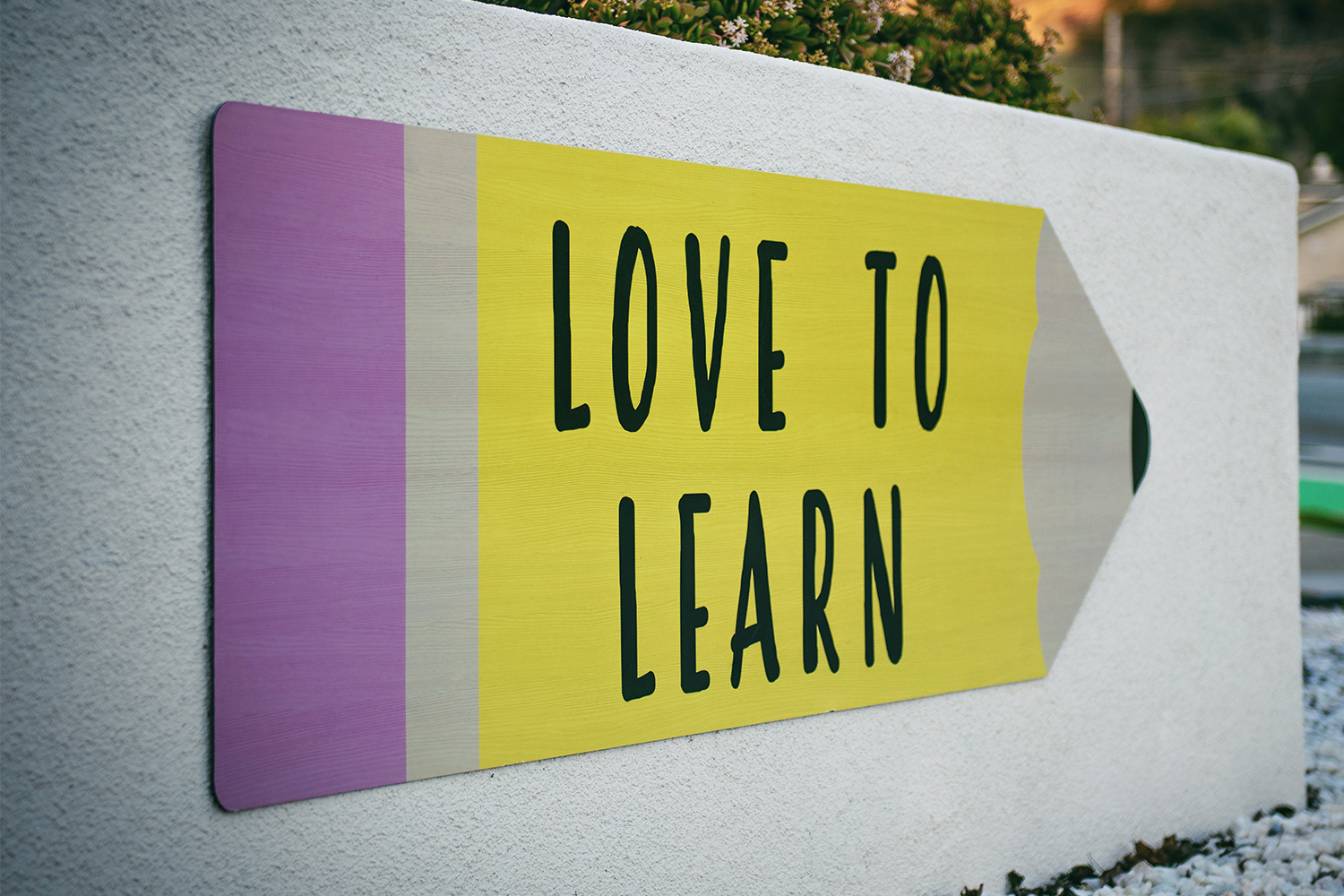Role Modelling Learning
A key privilege of working in a school is being constantly reminded of the power and impact of learning.
It’s exciting to see a Senior School student discover an exciting area of Biology that influences their future study, or an Early Learning Centre student who, through interactions with an Indigenous elder, develops a lifelong determination to work towards reconciliation.
Given the complex and changing nature of our world, I’d argue it has never been more important for young people to develop the skills and dispositions to know how to learn, re-learn and explore different ways to solve problems or generate ideas. I’m sure many adults would agree that over the last 5 – 10 years, the rate at which they have had to learn new things, re-learn an existing way of doing something or develop an alternative approach to a problem or opportunity has increased. This is also true for educators.
The approach and strategies that educators are needing to adopt to support and engage students in learning is shifting. Changes include:
- a stronger emphasis on mental health and wellbeing issues and education
- changes in social media, technology and access to knowledge
- increased awareness and activism for social justice/inequality issues amongst young people.
Students now want teachers to design learning to:
- empower them to explore their interests
- have ownership of their learning
- provide opportunities to use their strengths.
Students also look to teachers for guidance, encouragement and feedback as they explore their learning and seek to overcome challenges.
While the philosophy and purpose of education hasn’t changed, how this ‘looks’ in a school certainly is changing rapidly.
In light of this, in 2020 the College began developing specific roles designed to partner with teachers. The new roles aim to assist teachers to strengthen and adapt their expertise to improve student outcomes. These “Learning Mentors” use mentoring and coaching approaches to support teachers. They are helping teachers to learn new approaches or adapt existing practices to more effectively support students in our current learning environment.
Importantly, this model is now ELC to Year 12. Learning Mentors and teachers are working together as a community across our College. They share ideas, learn together, explore and trial teaching approaches and reflect on their impact. This happens through trusted and confidential conversations as well as in our classrooms and learning environments.
In my role as Director of Learning and Innovation, I believe this is potentially the most exciting and impactful initiative we are undertaking. Why? I think it’s because we are visibly role modelling the importance of lifelong learning. We are showing students the type of learning that is important for life! As role modelling is one of the most powerful approaches to setting students up for success, it’s fitting that this is an intentional part of our learning community.
Paul Bannister
Director of Learning and Innovation


